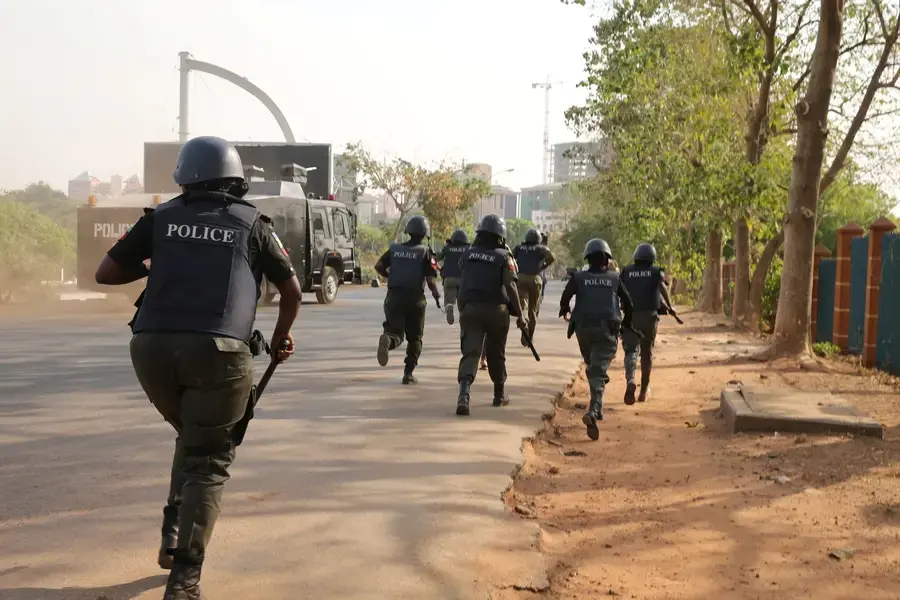Nigeria Launches Community Policing Initiative

In the face of apparently soaring levels of crime and violence, the Nigerian government has launched a community policing initiative. Abuja has set aside N13 billion (about $35 million) to fund the launch and is recruiting some 10,000 constables, according to Nigerian media. The Chief of Police for Ekiti state is hinting that the new constables will be deployed in the areas from which they come. Locally based, the constables would develop ties with community leaders and, it is hoped, bring security closer to the people.
The Nigeria Police Force was established by the British colonial authorities. Unlike in the United Kingdom or the United States, the police were to be a national gendarmerie rather than locally-based. Police would be recruited nation-wide, and by policy they would not be assigned to where they came from. The concern of the British and Nigerian successive post-independence governments was that otherwise, police officers would favor those from their own ethnic group and religious affiliation. The police – this national gendarmerie – is often poorly trained, poorly paid (salaries are often in arrears), and associated with corruption. Many, perhaps most, Nigerians have as little to do with the police as possible. U.S. assistance to the Nigerian police is severely curtailed because of credible allegations of human rights violations by the latter.
More on:
In the face of mounting security threats – crime, Islamist insurgencies, quarrels over land and water, and disaffection in the oil patch – something like local policing has been emerging, contrary to long-standing policy. These entities may or may not have formal links to the police. Civilian Joint Task Forces (CJTF) operate in the north, ostensibly to assist the police. In the north, so-called Hezbollah units enforce sharia (Islamic law) with respect to public dress and behavior. In Yorubaland (southwest Nigeria) governors have joined together to establish a Yoruba constabulary, apparently with the approval of the federal Inspector General of Police.
It might appear that Nigeria is moving toward the American practice of state and local police, with only the Federal Bureau of Investigation (FBI) being an arm of the federal government. If that is the intent, Nigeria has a long way to go. The national police service remains a powerful, if hated, interest. It also remains to be seen if ethnic and religious favoritism surfaces among locally-based law enforcement units.
The current concept of 'police' in Nigeria is a colonial import. It reflects a Western legalistic definition of crime. Traditional societies in Nigeria tend to have a more nuanced view, with an emphasis on the context of the alleged crime or the dispute. Rather than a police force, traditional villages often had watchmen. If the new constables evolve in that direction, it might erode the pervasive distrust of law enforcement.
More on:
 Online Store
Online Store
